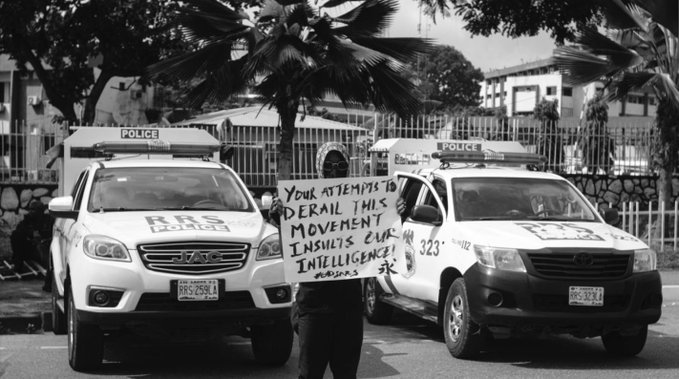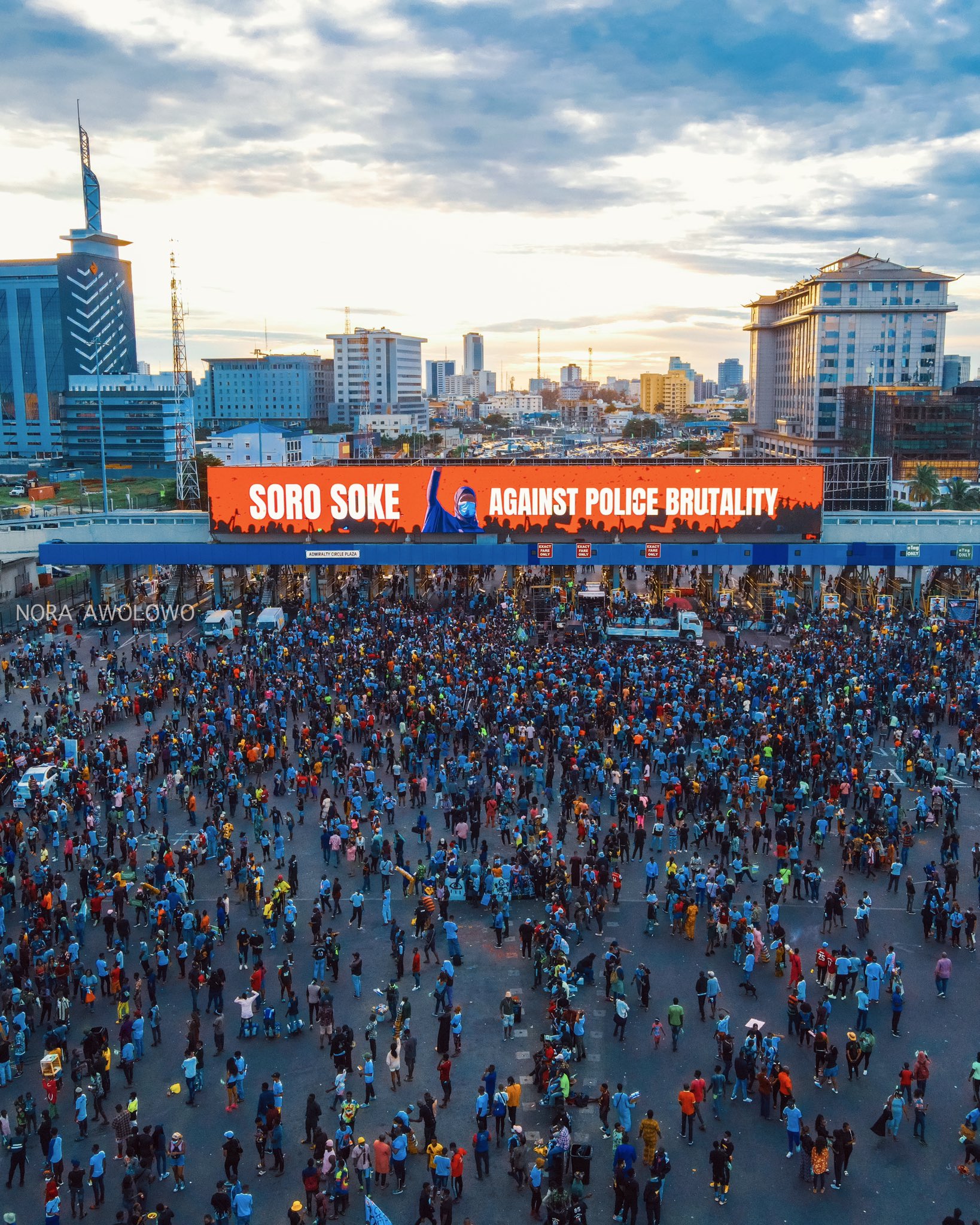Protests in Nigeria and across the world are not new. Social justice movements have sparked waves across and in some cases rocked the world over the last 100 years.
Notable among these social justice movements include the Civil Rights Movement, the Internal Resistance against Apartheid movement, and the LGBT Rights Movement. Important to note that these movements were initiated in the 1950s and 60s, an era that had no social media, but recorded tremendous impact and mass appeal.
Beyond social justice, other massive movements that have happened in the last decade have been largely influenced by or accentuated by social media:
- the Arab Spring pro-democracy protests that swept across Tunisia, Morocco, Syria, Libya, Egypt and Bahrain in 2011,
- the Black Lives Matter movement that took the world by storm in 2013, and had a massive resurgence in 2020 despite the COVID-19 pandemic, and lastly
- the #MeToo Fourth-wave Feminism Movement that went viral in October 2017, and still resonates in social circles today bringing gender equality and body autonomy to the fore.
- the Hong Kong Protests which started in 2019 but sustained momentum well in 2020.
SEE ALSO: Nigeria's 2019 Elections: Can Social Media Influence The Outcomes?
There have been several protests and social justice movements in Nigeria's history, two of which rode on the back of social media to gain traction and popularity: the #OccupyNigeria protests of 2012 following the hike in price of petrol by the Goodluck Jonathan Administration, and the more recent #EndSARS protests that came to a head on the 20th of November 2020.
In the Nigerian context, all of these protests historically were rebranded as "riots"by the government, protesters and organizers/leaders were arrested and detained, and several people were reported to have lost their lives by no fault of their own.
In the aftermath of these protests and movements, although reports have been presented by both local and international media houses, no real post-mortem has been done to assess the impact of these movements on actual tangible social change that could be attributed to them. Quite unlike the global movements which I referenced earlier. Is this a mistake or are we forgetting to learn something?
SEE ALSO: Your Social Media Profile Could Determine If You Secure Your Next Job
Does social media have the capacity to drive social change, social justice, and sociopolitical consciousness, beyond trending hashtags in Nigeria? Can we successfully influence the offline world with the same passion, energy, and consciousness as we have online and on social media? These are some of the questions that have bogged my mind since that fateful evening on 20/11/2020.
In my quest for answers, it makes sense to revisit the modus operandi, and the mechanisms that powered and sustained successful social change/social justice movements in history. Examples to recon with and study are the Civil Rights movement, which led to improved racial equality and favourable legislation for black and minority racial groups in America; and the Internal Resistance against Apartheid movement which resulted in a more egalitarian, democratic, and free South African society.
Looking at these two movements, one thing becomes apparent - there was years and years of sustained social consciousness creation, massive education and enlightenment campaigns, guerilla mobilization at the very lowest levels. These things require time, effort, resources, and sustained energy.
If the sorosoke generation really wants to achieve social justice and drive social change in Nigeria, then we must learn from the past, study the history of successful movements and commit the to a long-term plan. Otherwise, we might see this movement fizzle away and miss a golden opportunity in our country's history.



















No comments
Share your view on this post...